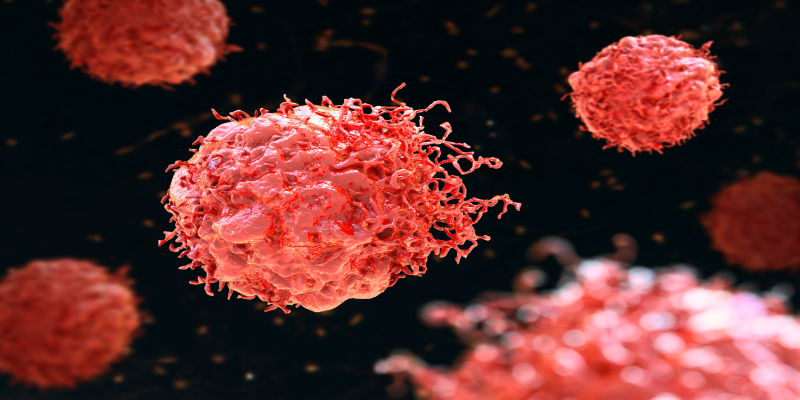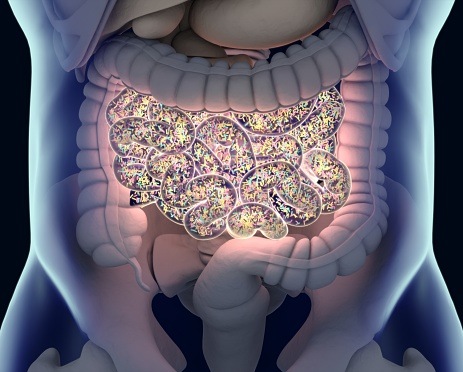
Gastrointestinal stromal tumors (GISTs) are diagnosed in an estimated 4,000 to 6,000 people in the United States each year. Of these patients, less than 5% of disease is driven by the loss of the succinate dehydrogenase (SDH) complex, which results in unique clinical features caused by a pervasive DNA hypermethylation pattern.
While advanced SDH-deficient GISTs are often treated with the same therapies that target KIT and PDGFRA receptors in metastatic GISTs, they provide less activity and there is a lack of available alternative therapies for this specific disease.
To determine potential efficacious treatments, a recent retrospective analysis sought to identify novel actionable alterations in patients with SDH-deficient GISTs.
A single-center analysis of patients with SDH-deficient GIST was combined with the results of a next-generation sequencing (NGS) analysis from respective tumor samples to determine mutations, copy number alterations, and chromosomal alterations. When possible, NGS-tailored treatment was provided.
A total of 17 tumor samples taken from 14 patients with SDH-deficient GIST underwent NGS. While the mutational load was low, three patients (21%) had molecular events in relapse samples that lead to PI3K/mTOR pathway hyperactivation.
In one heavily-treated patient, mTOR inhibition using everolimus resulted in a sustained tumor response. Other alterations seen in late-stage patients discovered genes linked to cell cycle regulation, telomere maintenance, and DNA damage repair.
Novel molecular alterations were found in this landscape of patients with SDH-deficient GIST, mainly in those in relapse or who were previously treated. The discovery of genetic events that led to PI3K/mTOR dysregulation, along with the beneficial activity of everolimus in one patient, showcases the clinical relevance of this pathway, validates the utility of NGS in this patients population, and demonstrate the potential of everolimus as a novel alternative treatment.
Due to the discovery of multiple other alterations at the genetic and genomic levels, novel biological processes may likely be involved during the tumor evolution process.






 © 2025 Mashup Media, LLC, a Formedics Property. All Rights Reserved.
© 2025 Mashup Media, LLC, a Formedics Property. All Rights Reserved.